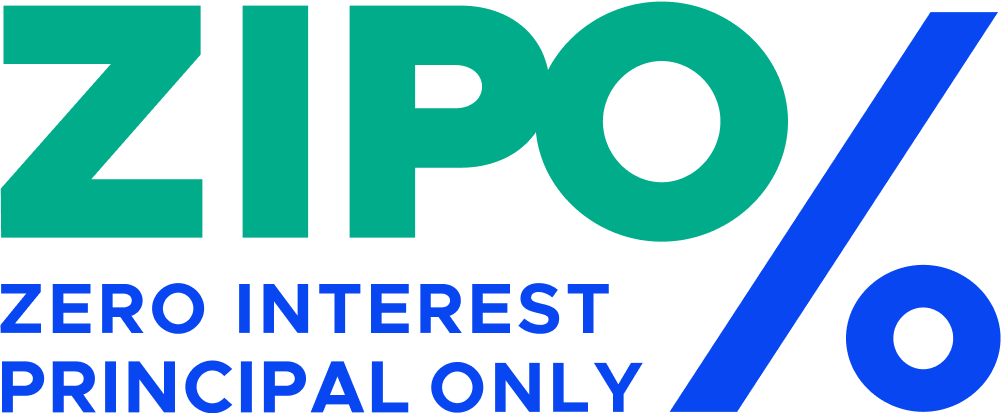NEWS
What Happens When You Don’t Pay Your Student Loans?
Student loan debt is at the forefront of the majority of people’s minds today, and everyone from senior citizens to young people in their 20s are facing high costs for borrowing to obtain an education. If you are struggling with paying off your debt, then you can know that you are not alone. Approximately, 20% of borrowers are already in default, and others are just breathing a sigh of relief for the extension on the current pause for payments.
As with any kind of debt, the consequences for not paying can be pretty harsh. Being labeled as a risky borrower can interfere with your ability to get other financial assistance such as financing for a house. On top of that, owing the federal government money can come with additional consequences that impact your future financial security. Knowing what you’re getting into if you choose not to pay along with your options for making sure that you stay on track with your loan agreement helps you make effective decisions during challenging times.
When Does an Account Become Delinquent?
If you’ve ever had that heart-sinking feeling that you were a day late making a payment, then you may wonder at what point do things start getting serious. Federal loans enter default status when a payment hasn’t been made within 90 days. Keep in mind that your account won’t enter default if your account is in deferment or forbearance.
Once your account is declared to be delinquent, this information is submitted to all three of the major credit reporting agencies. Like with other bills, a delinquent account will lower your credit score. This has the impact of being seen by other potential lenders when you apply for a loan. A poor credit score could also lead to higher insurance rates, and many employers take a look at this number to judge your level of responsibility and trustworthiness.
What Does Going Into Default Mean?
At the 270 day late mark, your account is referred to collection agencies that can then initiate contact with you to try to settle the debt. These types of agencies must comply with the Fair Debt Collection Practices Act, but they can still make your life fairly miserable. Letters, phone calls and other forms of contact may occur frequently, and you may find it hard to get away from reminders that you owe this debt.
If collection agency attempts to obtain payment from you aren’t successful, then you could face consequences that come directly from the government. It may take years, but eventually, the government may seize your tax return so that the amount can be applied to what you owe. Wage garnishment is another common tactic that the government can use to recover the money.
How Do You Avoid Reaching This Point?
The good news is that you have options to prevent any of these drastic consequences from happening to you. The best way to manage debt that you can’t afford is to reach out to your student loan provider. You may be able to switch to a more affordable repayment plan that fits your budget. For example, the Income-Based Repayment Plan reduces your loan payments to an amount that fits your family size and budget.
The upside of all of the challenges surrounding educational debt is that each payment you make can help to bolster your credit score. The current freeze on repayment also allows you to test out how well zero interest loans can help you pay down your balance. If you can make a payment, then take advantage of this time to see more of your money go towards the principal. Then, jump on board with our efforts to make this a lasting benefit to borrowers. No matter what happens the future, making it easier for everyone to pay down their debt helps to lower the rate of borrowers facing default.
